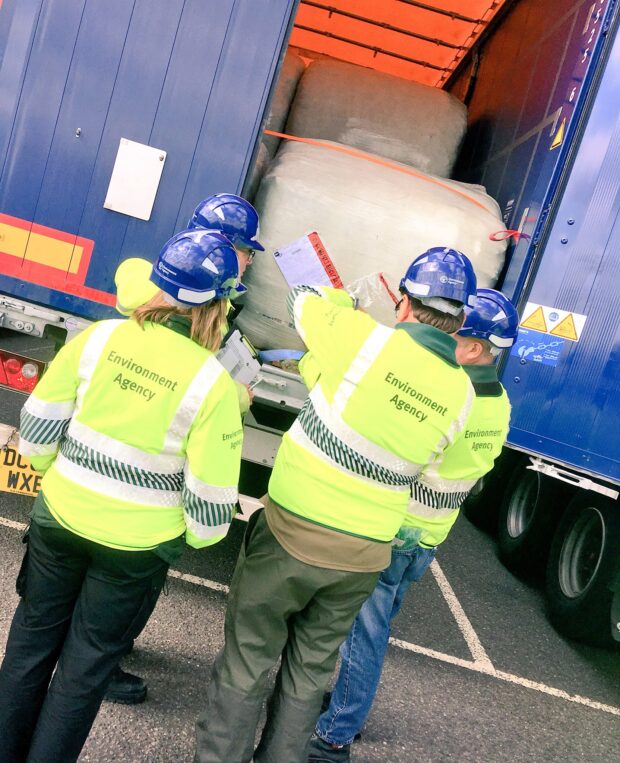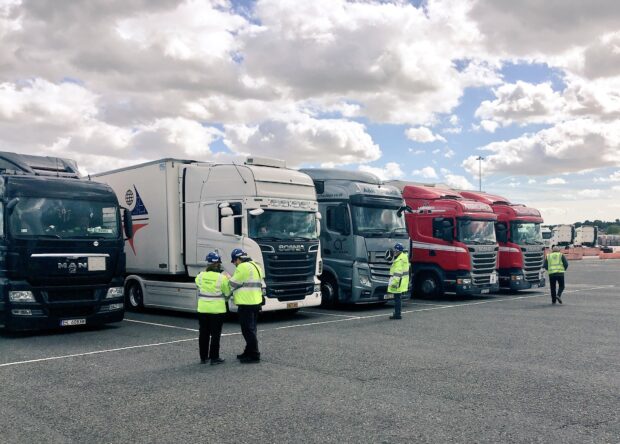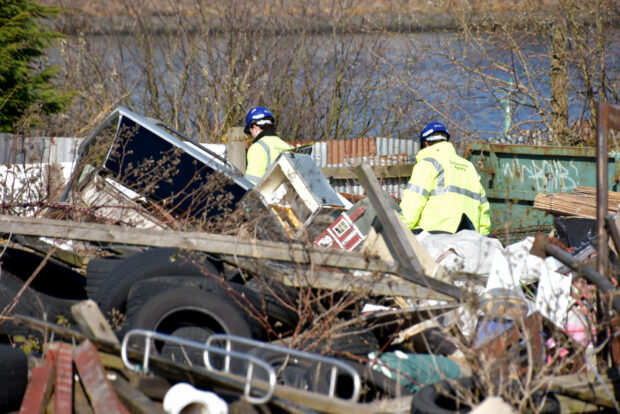
Much has been reported about packaging waste recently. Stories on illegal plastic waste exports and stockpiled waste in Malaysia have made headlines.
These reports help to raise awareness about an issue the Environment Agency has been dealing with for a while. It’s a complex subject and it can be difficult to understand what exactly is happening and more importantly, what’s being done about it. Are all of your recyclables being dumped in the Far East? Is the waste industry being overrun by criminals? The answer is no.
But although the majority of the businesses in the waste export sector are responsible, there are some who exploit the system and put people and the environment at risk. The EA is putting more resource into tackling illegal activity to stop it and where necessary bringing criminals to justice.
Some context
The Environment Agency is responsible for regulating the country’s waste exports industry. This includes monitoring and investigating suspected illegal activities.
Reassuringly, most operators work within the confines of the law. A small number of operators unknowingly break the rules and we work with them to bring them back into compliance. An even smaller number intentionally break the law through illegal activity that puts people and the environment at risk. Where we detect such operators we take action. Recently we suspended one accredited exporter for the export of contaminated plastic waste to Indonesia.
How and why is waste exported overseas?
Changes in manufacturing and consumer behaviours means more waste is being collected for recycling.
There are restrictions and controls on what wastes can be exported and to which countries. Waste can only be exported for recovery and/or recycling, none of the material should be landfilled or dumped.
Rules covering the import and export of waste are set by international and European laws.
A significant tonnage of UK waste exported is regarded as relatively low risk to the environment, such as uncontaminated paper and plastic, and classified as Green List waste. Waste with hazardous properties, which can range from Refuse Derived Fuel (RDF) to wastes from the chemicals sector, with hazardous properties are classified as ‘notifiable’ wastes. Anyone exporting these wastes must notify the EA and receive prior written consent as well as that of the receiving country prior to export
Accredited exporters of packaging waste are required to notify us each year of all overseas recyclers they intend to use and provide evidence they are suitably permitted and capable of recycling any exported packaging waste.
We also use intelligence to track down and intercept illegal activity. This includes inspecting containers of waste at the ports and stopping the export if non-compliant.

Tackling waste crime
The EA is committed to tackling waste crime in all its forms (illegal dumping or burning of waste, deliberate mis-description of waste, operation of illegal waste management sites, and illegal waste export).
- Increased resources. In recent years we have increased resources directed towards tackling illegal exports of waste. In 2016/17 this prevented 170 illegal waste exports consignments, amounting to nearly 15,000 tonnes.
- Inspections. Our intelligence driven inspections help to intercept such illegal activity waste at ports and further upstream in the UK. In 2017/18 367 containers were returned back to UK waste sites.
- Partnership. We work with our regulatory counterparts in other countries to ensure that waste is managed properly. In some cases, our officers visit the destination country to check on the waste exported.
- Dedicated investigations team. The dedicated producer responsibility investigations team was set up in January 2018. The team is dedicated to detecting producer responsibility fraud and error. Our work has already led to the suspension of one accredited exporter for the export of contaminated plastic to Indonesia.
- Enforcement. We have a number of options to ensure that waste exporters are operating lawfully. This includes: improvement plans for minor issues, penalties such as Civil Sanctions and suspension of accreditation for more serious breaches and eventual cancellation of accreditation if no progress is made. In the most serious cases, we will prosecute.

An opportunity
As mentioned, most waste exporters follow the rules. But there is a need to ensure that any freeriders or waste criminals are brought to justice. The government’s pending waste crime review, announced earlier this year, presents an opportunity to address this trend.
The review looks into waste crime in its broadest sense from illegal dumping to illegal waste exports. Set to be published before the end of the year, the review presents a great opportunity to refine our approach and improve collaborative efforts across enforcement agencies and government.
More headlines to come.

Leave a comment